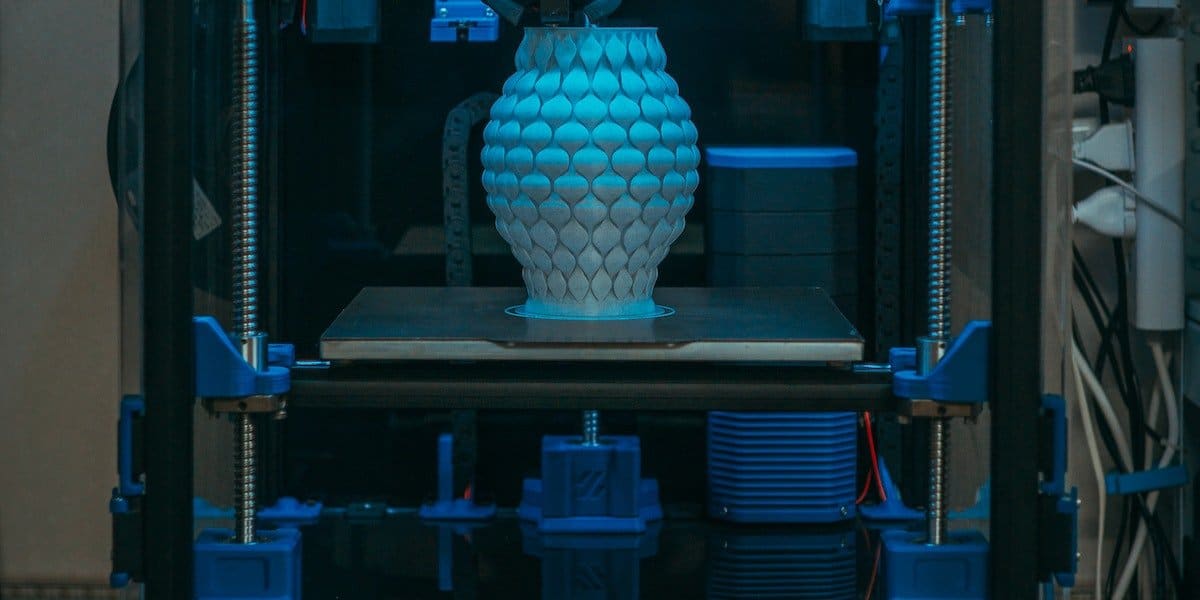Quantum computing is a revolutionary technology that has the potential to solve complex problems that classical computers cannot. Quantum mechanics, a subfield of physics that investigates the behavior of matter and energy at the subatomic level, serves as its foundation. In this article, we will explore the basics of quantum computing and its potential applications.
What is Quantum Computing?
Quantum computing depends on the principles of quantum mechanics, which is a branch of physics that focuses on the behavior of matter and energy at a subatomic level. Classical computers operate using bits, which can be either 0 or 1, to represent information. Quantum bits, or qubits, are used in quantum computers, which can simultaneously represent 0 and 1. This property, known as superposition, enables quantum computers to perform calculations that are exponentially faster than classical computers.
Another property of quantum mechanics that is leveraged by quantum computing is entanglement. Entanglement is a phenomenon where two or more particles become connected so that the state of one particle is dependent on the state of the other particle, regardless of the distance between them. Quantum computers can take advantage of this property to perform calculations in parallel, which further increases their processing power.
Applications of Quantum Computing
Quantum computing has the potential to revolutionize many fields, from cryptography to drug discovery. Cryptography is one of the most well-known uses of quantum computing. Quantum computers can break some of the most commonly used encryption algorithms, such as RSA and elliptic curve cryptography, which rely on the difficulty of factoring large numbers. Quantum computers can solve this problem using an algorithm called Shor’s algorithm, which can factor large numbers exponentially faster than classical computers.
Drug discovery can also benefit from quantum computing. One of the challenges in drug discovery is simulating the behavior of molecules, which is a computationally intensive task. Quantum computers can simulate the behavior of molecules much faster than classical computers, which can accelerate the drug discovery process.
Another likely utilization of quantum computing is in optimization problems. Many real-world problems can be formulated as optimization problems, such as finding the shortest path between two points or optimizing the allocation of resources. Quantum computers can solve some of these problems much faster than classical computers, which can have significant implications for industries such as logistics and finance.
Challenges in Quantum Computing
Despite its potential, there are several challenges that need to be addressed before quantum computing can become a mainstream technology. One of the biggest challenges is error correction. Quantum computers are highly susceptible to errors due to environmental factors, such as temperature and electromagnetic radiation. Developing error correction algorithms that can mitigate these errors is a major focus of research in the field of quantum computing.
Another challenge is scalability. Currently, the largest quantum computers have only a few hundred qubits, which is not sufficient for many applications. Scaling up quantum computers while maintaining their coherence is a major technological challenge that needs to be addressed.
Conclusion
Quantum computing is a rapidly developing field that has the potential to solve some of the most challenging problems in various fields. From cryptography to drug discovery and optimization, the applications of quantum computing are numerous. However, there are also several challenges that need to be addressed before quantum computing can become a mainstream technology.
Best Articles
Read about Quantum Computing















